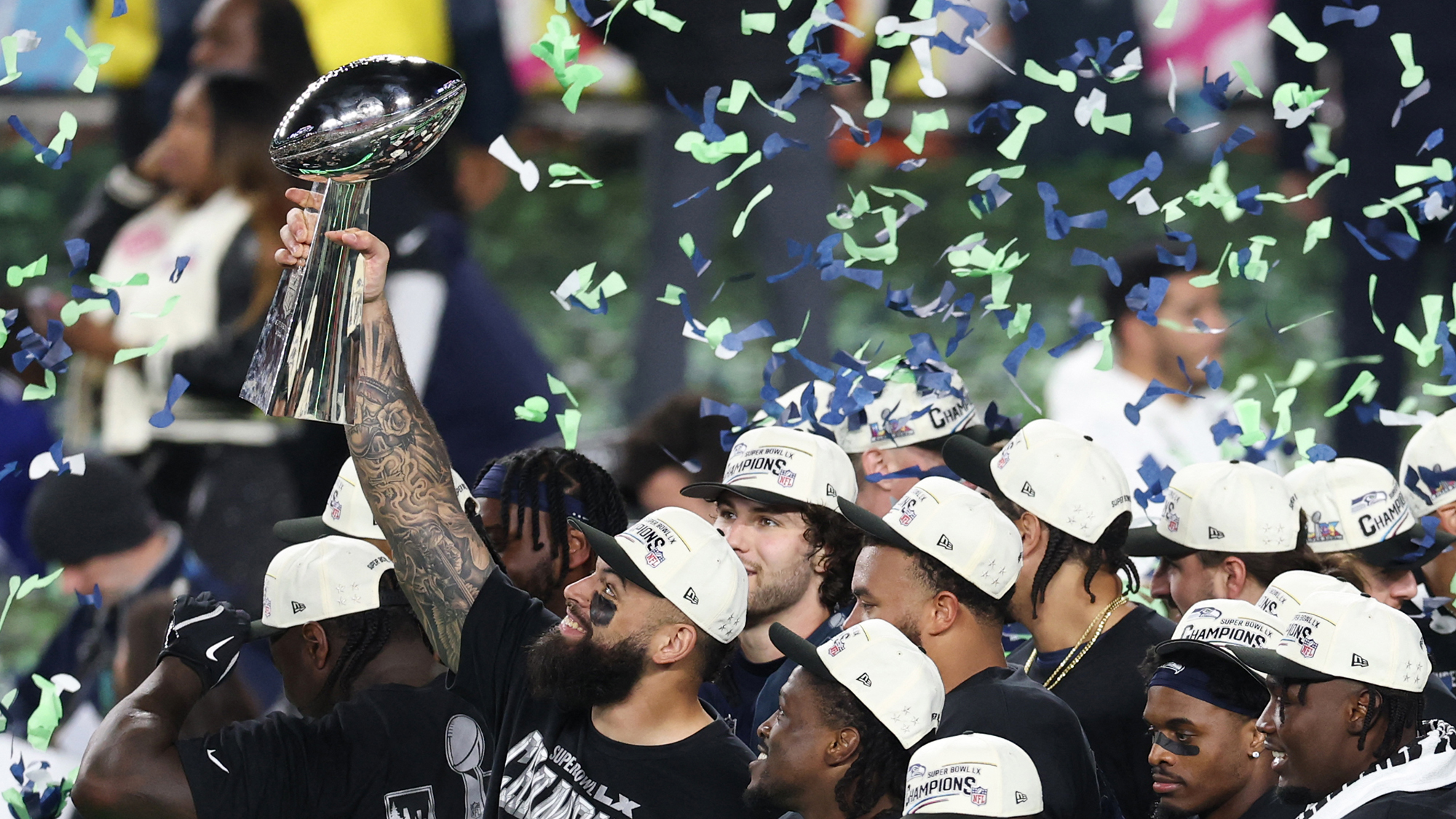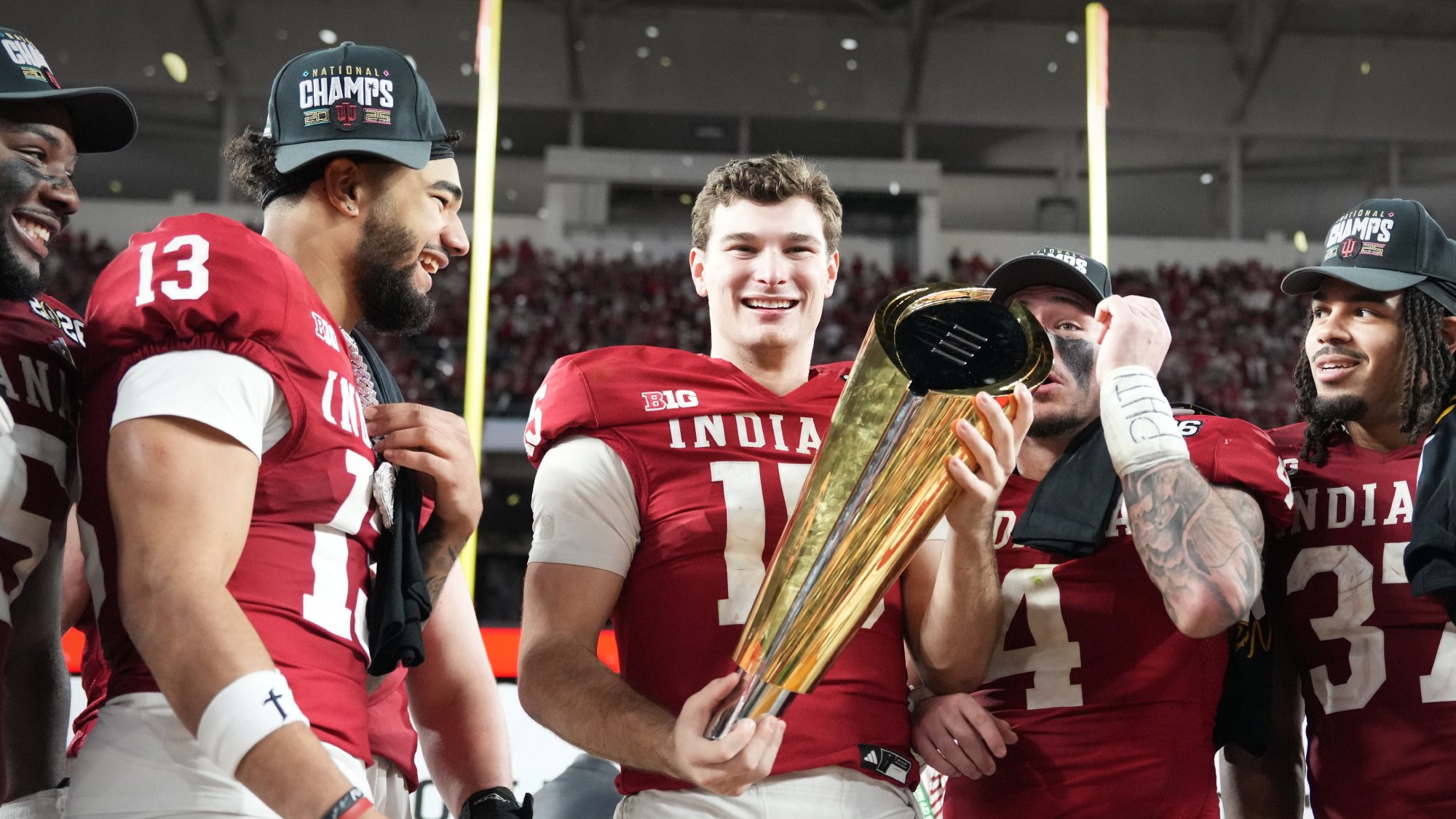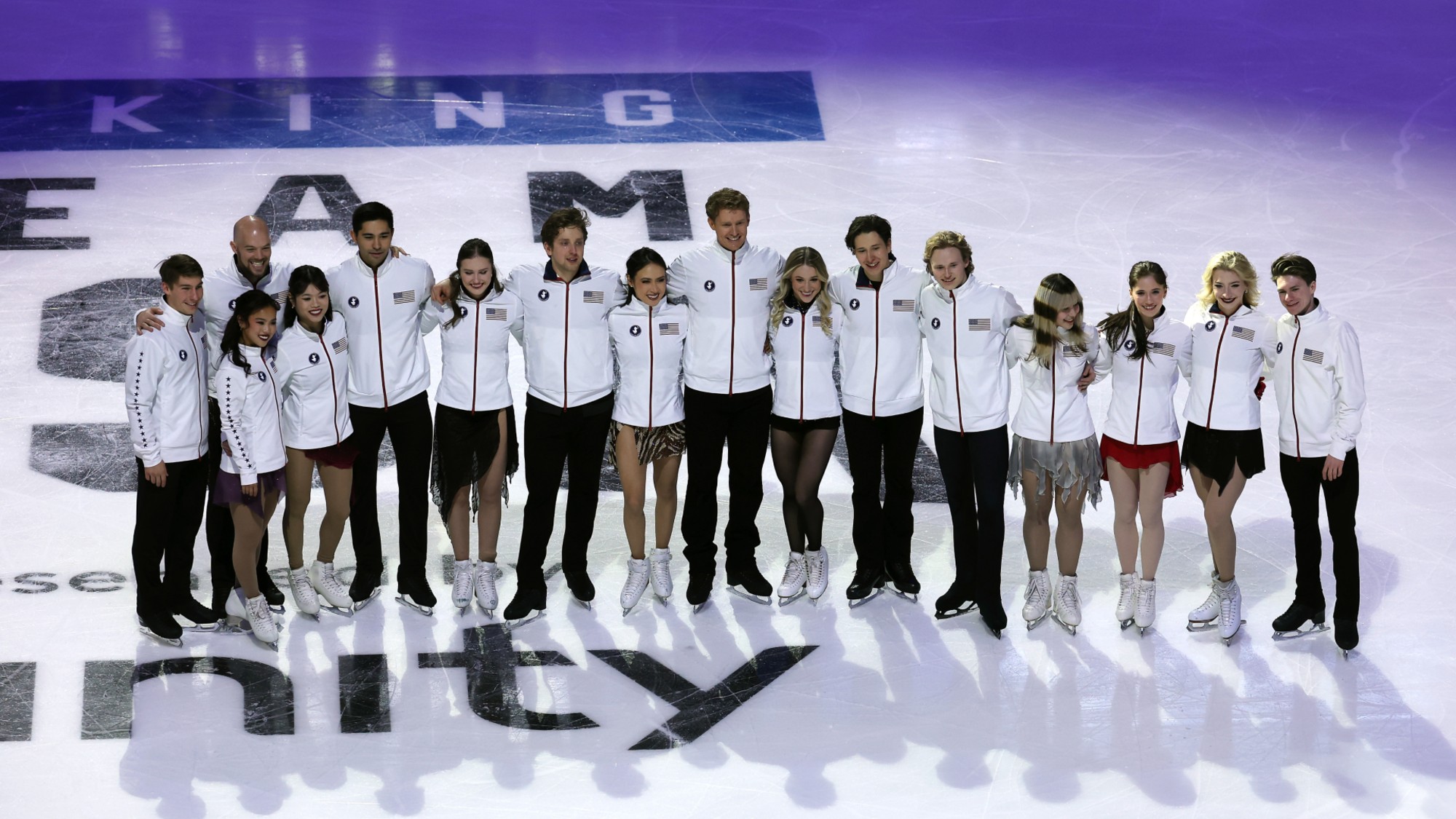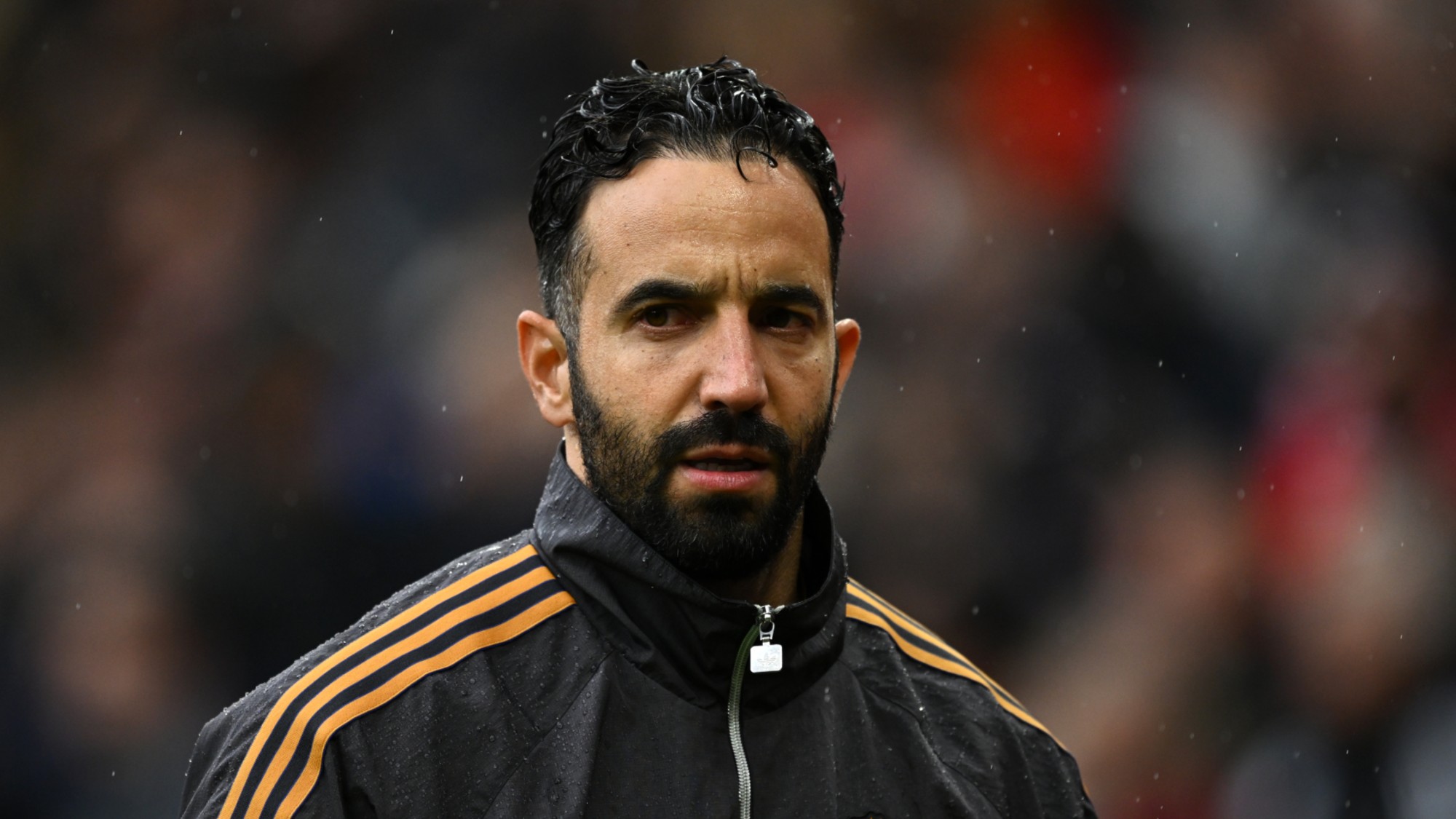How should the cricketing world handle Afghanistan?
England under pressure to boycott upcoming men's match against the nation, which remains an ICC member despite Taliban ban on women's team

A free daily email with the biggest news stories of the day – and the best features from TheWeek.com
You are now subscribed
Your newsletter sign-up was successful
The rise of Afghanistan's men's team has been "one of the great cricket stories of this century", said The Telegraph.
The national side has secured high-profile victories against England, Pakistan and Sri Lanka over the past few years, and against all the odds beat Australia in the T20 World Cup last summer, reaching the semi-finals for the first time after beating Bangladesh.
But Afghanistan's place on the world cricket stage is becoming increasingly controversial. International Cricket Council (ICC) rules require member nations to have both a men's and a women's team, but one of the Taliban's first acts after retaking power in 2021 was to disband Afghanistan's nascent women's squad. Most of its players fled to Australia, where they live in exile. Now England is "under pressure" to boycott its fixture against Afghanistan in the ICC Champions Trophy group stage on 26 February, said the Daily Mirror, in protest at the Taliban's "appalling treatment of women".
The Week
Escape your echo chamber. Get the facts behind the news, plus analysis from multiple perspectives.

Sign up for The Week's Free Newsletters
From our morning news briefing to a weekly Good News Newsletter, get the best of The Week delivered directly to your inbox.
From our morning news briefing to a weekly Good News Newsletter, get the best of The Week delivered directly to your inbox.
'Playing ball with apartheid'
While Afghanistan remains a full ICC member, Australia and England play against the team during World Cup fixtures, but both countries have declined to schedule any domestically controlled bilateral series with the Afghanistan side, in protest against the Taliban's ban on women's cricket.
Now activists including the Women's Rights Network are calling on Keir Starmer to extend that and support a "blanket boycott of Afghanistan across all sports". "How in all conscience can this game go ahead?" said Janice Turner in The Times. Afghanistan is clearly in breach of ICC rules, but more to the point the Taliban is practising "gender apartheid". When South Africa did the same "along racial lines, it rightly suffered sporting boycotts". The Taliban love cricket, so boycotting it would be a "rare way to sanction its monstrous regime", Turner said. "Shame on any Englishman who plays ball with apartheid next month."
'The only source of happiness'
However, "most Afghan women players" oppose such a boycott, said The Economist. Despite a "paltry budget", the men's team has become "wildly popular", and female cricketers have argued that a ban would "deprive their compatriots of a rare source of pride and pleasure".
It would indeed remove a source of "collective pleasure from a beleaguered nation and its weary population", said journalism professor Richard Thomas on The Conversation. Team captain Rashid Khan describes cricket as "the only source of happiness back home".
A free daily email with the biggest news stories of the day – and the best features from TheWeek.com
The outgoing ICC chair, Greg Barclay, last month accused Cricket Australia of hypocrisy over their bilateral series boycott and backed the ICC's decision to allow Afghanistan's men's team to compete. "If you really want to make a political statement, don't play them in a World Cup," he said. "I don't think it would make a jot of difference to the ruling party there to kick them out [of the ICC]," he added.
The team's success also provides a platform for players to speak out. Last month two of the men's team called on the Taliban to lift the ban on women training as doctors and nurses, which had been "one of the last remaining loopholes" available under the overall ban on higher education, said The Guardian.
"It is essential for our sisters and mothers to have access to care provided by medical professionals who truly understand their needs," Khan posted on social media. "Providing education to all is not just a societal responsibility but a moral obligation deeply rooted in our faith and values."
Harriet Marsden is a senior staff writer and podcast panellist for The Week, covering world news and writing the weekly Global Digest newsletter. Before joining the site in 2023, she was a freelance journalist for seven years, working for The Guardian, The Times and The Independent among others, and regularly appearing on radio shows. In 2021, she was awarded the “journalist-at-large” fellowship by the Local Trust charity, and spent a year travelling independently to some of England’s most deprived areas to write about community activism. She has a master’s in international journalism from City University, and has also worked in Bolivia, Colombia and Spain.
-
 El Paso airspace closure tied to FAA-Pentagon standoff
El Paso airspace closure tied to FAA-Pentagon standoffSpeed Read The closure in the Texas border city stemmed from disagreements between the Federal Aviation Administration and Pentagon officials over drone-related tests
-
 Political cartoons for February 12
Political cartoons for February 12Cartoons Thursday's political cartoons include a Pam Bondi performance, Ghislaine Maxwell on tour, and ICE detention facilities
-
 Arcadia: Tom Stoppard’s ‘masterpiece’ makes a ‘triumphant’ return
Arcadia: Tom Stoppard’s ‘masterpiece’ makes a ‘triumphant’ returnThe Week Recommends Carrie Cracknell’s revival at the Old Vic ‘grips like a thriller’
-
 The 9 best steroid-free players who should be in the Baseball Hall of Fame
The 9 best steroid-free players who should be in the Baseball Hall of Famein depth These athletes’ exploits were both real and spectacular
-
 Seahawks trounce Patriots in Super Bowl LX
Seahawks trounce Patriots in Super Bowl LXSpeed Read The Seattle Seahawks won their second Super Bowl against the New England Patriots
-
 History-making moments of Super Bowl halftime shows past
History-making moments of Super Bowl halftime shows pastin depth From Prince to Gloria Estefan, the shows have been filled with memorable events
-
 Indiana beats Miami for college football title
Indiana beats Miami for college football titleSpeed Read The victory completed Indiana’s unbeaten season
-
 Dozens charged in NCAA game-rigging case
Dozens charged in NCAA game-rigging caseSpeed Read The schemes allegedly involved fixers who paid $10,000 to $30,000 for each rigged game
-
 The US Olympic figure skating team might be the ‘greatest’ ever
The US Olympic figure skating team might be the ‘greatest’ everIn the Spotlight The team will take to the ice in February
-
 Amorim follows Maresca out of Premier League after ‘awful’ season
Amorim follows Maresca out of Premier League after ‘awful’ seasonIn the Spotlight Manchester United head coach sacked after dismal results and outburst against leadership, echoing comments by Chelsea boss when he quit last week
-
 Is tanking ruining sports?
Is tanking ruining sports?Today's Big Question The NBA and the NFL want teams to compete to win. What happens if they decide not to?